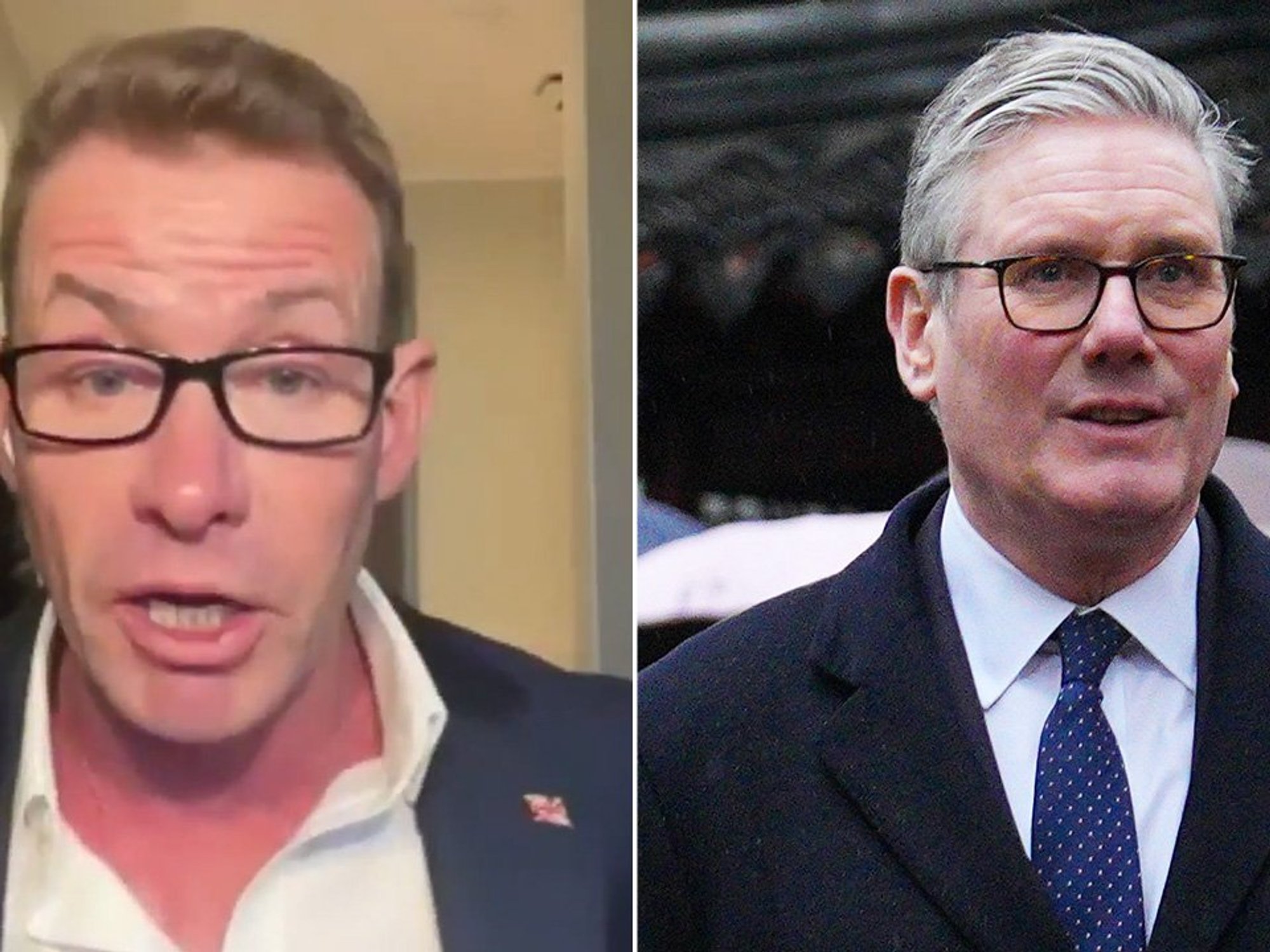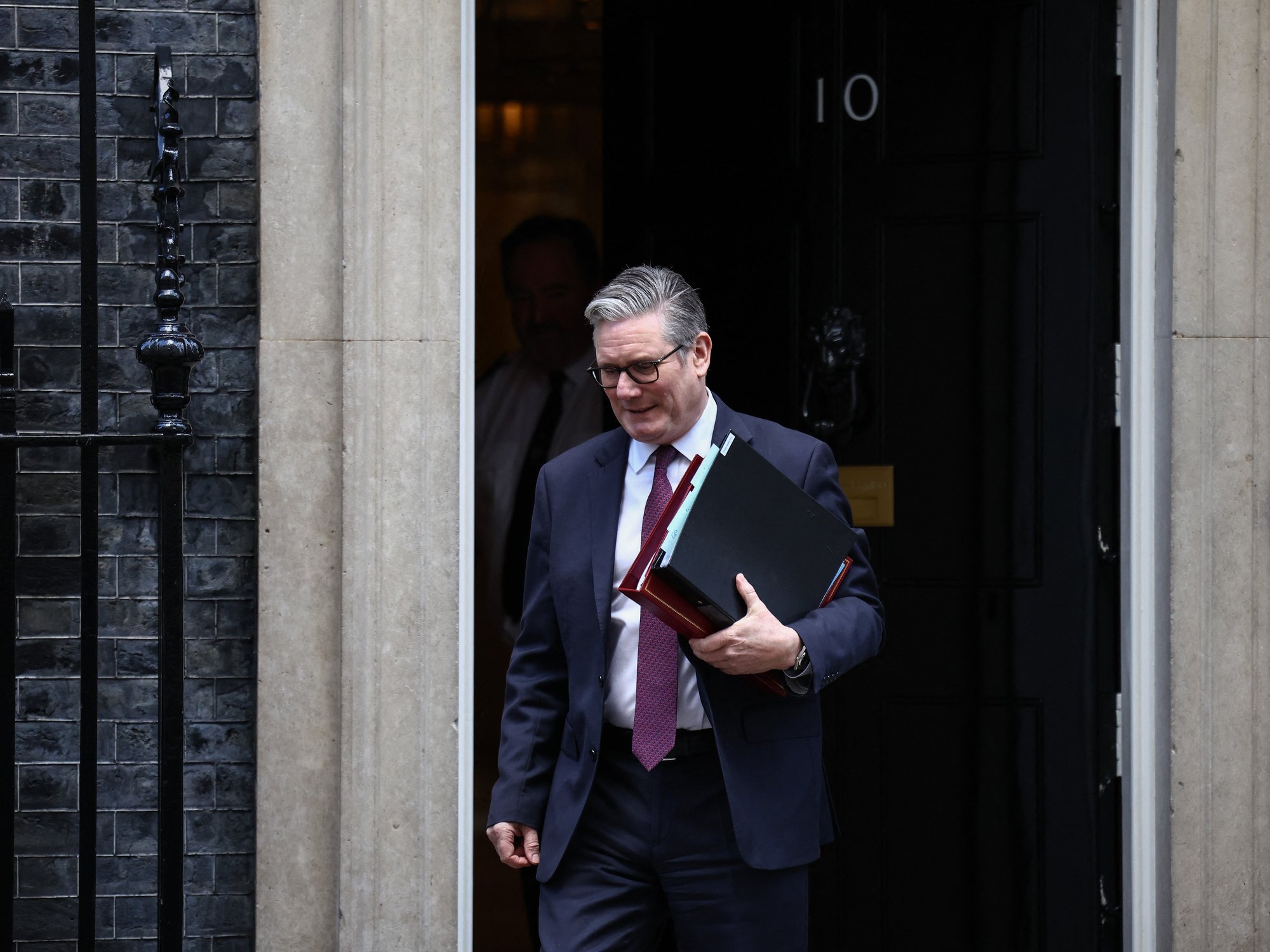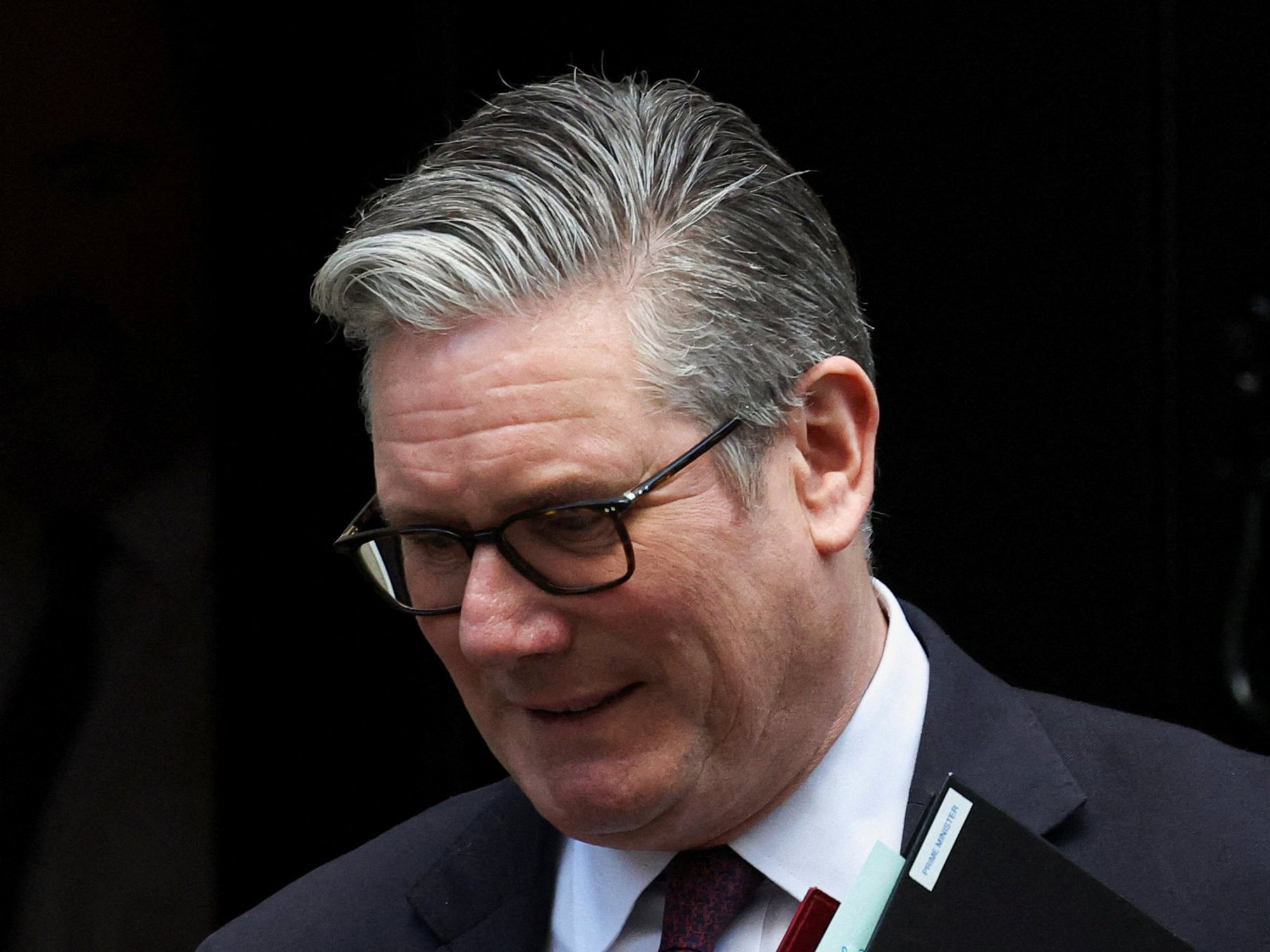Britain's trade deal with India to cost UK £200m a year, bombshell Treasury analysis admits

Sir Keir Starmer was forced to reject the concession on National Insurance Contributions constitutes 'two-tier taxes'
Don't Miss
Most Read
Sir Keir Starmer’s trade deal with India could cost up to £200million a year in lost taxes, internal Treasury analysis has revealed.
The document, produced under the previous Tory Government, noted how the Prime Minister’s concession on National Insurance Contributions brings with it a significant cost to the UK’s tax bill.
Earlier this week, No10 announced that the UK had struck a bespoke trading arrangement with India, resulting in a dramatic reduction on levies imposed on scotch whiskey and car exports.
However, sources told The Times that the impact assessment found that the three-year National Insurance exemption could wipe £200million off the Exchequer’s books every year.
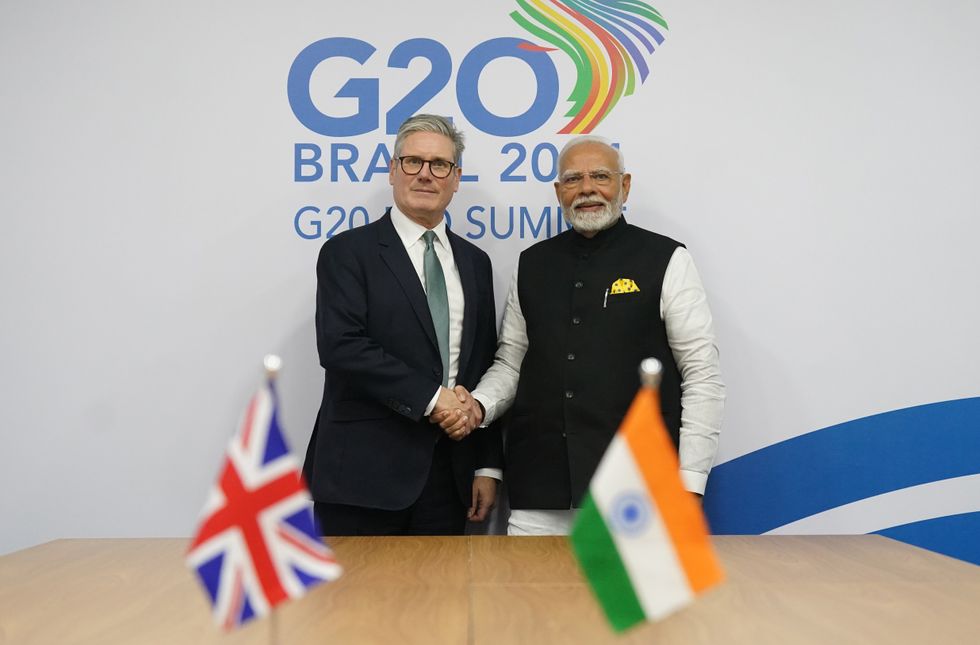 Britain's trade deal with India to cost UK £200m a year, analysis shows | PA
Britain's trade deal with India to cost UK £200m a year, analysis shows | PA“We ran the numbers and it came back at £200million a year,” the Treasury source said.
“At that time the total benefits of the deal was only £1billion to £2billion in GDP growth by 2035 and there was nothing on financial services so it didn’t seem worth doing.”
Insiders also warned that the analysis only accounted for the 20,000 Indian workers who currently come to Britain under intra-company transfers each year and did not take into account a spike in arrivals following the deal.
Despite concerns about the National Insurance concession, the Prime Minister hailed the UK’s deal with India as a “landmark” accord.
In a fiery clash with Kemi Badenoch at Prime Minister’s Questions yesterday, Starmer said: “The deal with India is a huge win for working people in this country.”
He added: “It’s the biggest trade deal the UK has delivered since we left the EU.”
 Kemi Badenoch | PA
Kemi Badenoch | PATory, Reform UK and Liberal Democrat MPs united to pile pressure on the Prime Minister over his deal.
Reform UK leader Nigel Farage said: “This Government doesn’t give a damn about working people.
“The Labour Party have this time in a big, big way betrayed working Britain, and that’s why many people voted for us last Thursday, but for some reason the Government just doesn’t seem to understand. “
“Reform UK are the party of British workers. This deal is truly appalling and I think what you’ll see is Starmer’s ratings in the polls plummet further.”
Liberal Democrat deputy leader Daisy Cooper added: “This deal risks undercutting British workers at a time when they're already being hammered by Trump's trade war and Labour's misguided jobs tax.”
Badenoch, who previously served as Business Secretary, joined the row.
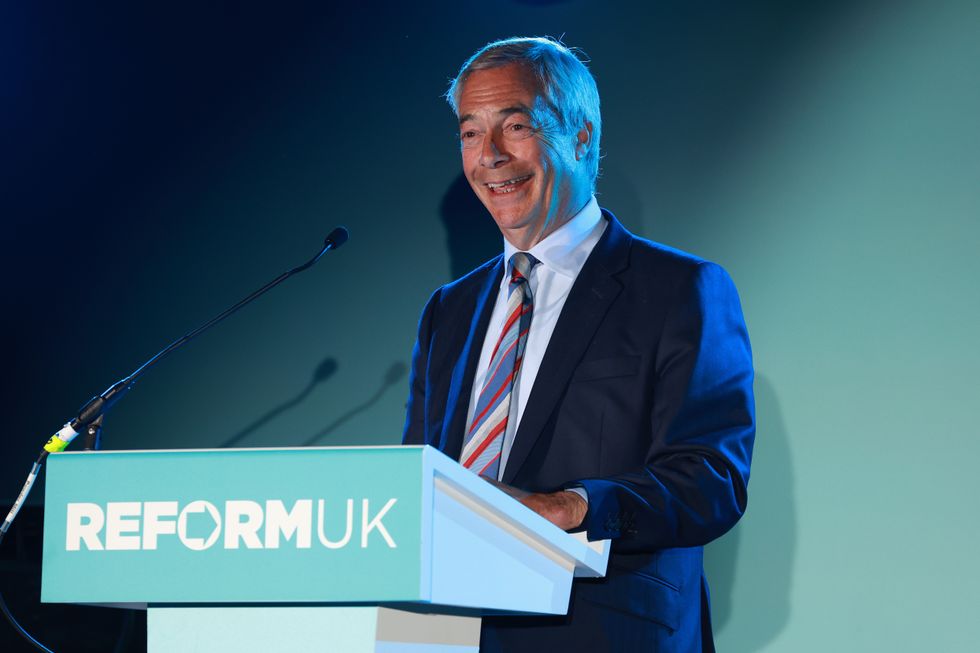
Nigel Farage
| GettyShe warned: “When Labour negotiates, Britain loses.”
However, New Delhi officials later accused Badenoch of agreeing to the same National Insurance concession during previous negotiations.
“The Tories offered us two years but we said it wasn’t enough,” one senior Indian official told The Financial Times.
“They put it on the table. We wanted more than three, but the principle had already been conceded in return for some gives on our sides on services.”
Flatly denying the suggestion, Badenoch’s spokesman said: “The Indians put it on the table and Kemi said ‘No’. Hence why we didn’t sign the deal.
“Kemi’s first principle with trade deals was they should be goods and services and nothing on immigration, beyond very short, time-limited business mobility visas.”
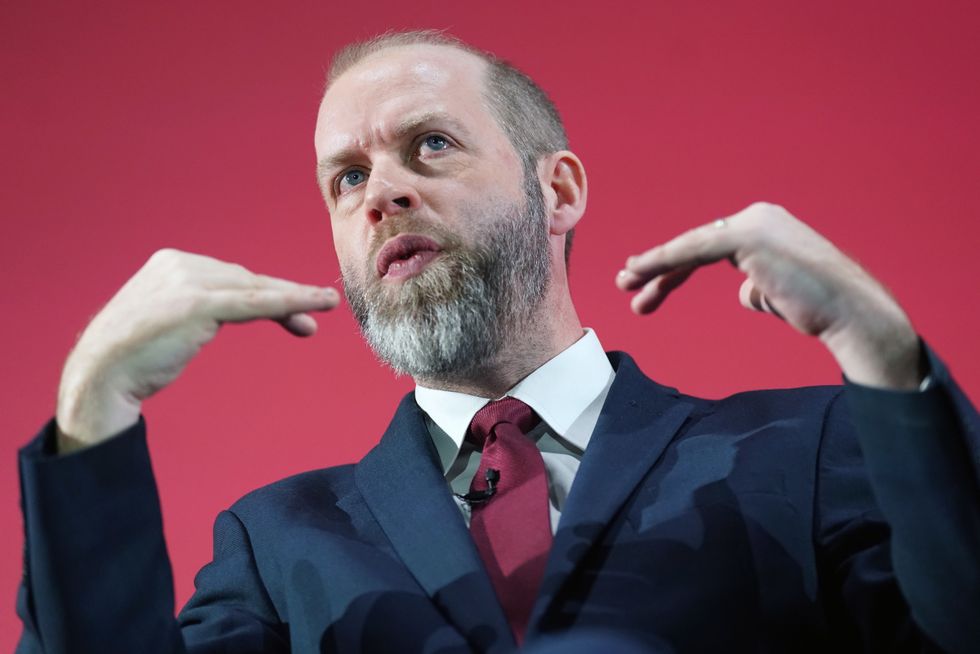
Jonathan Reynolds
| PAHowever, Starmer has also defended the National Insurance concession, highlighting the UK already has similar arrangements with 50 other countries.
He told MPs: “If the Leader of the Opposition (is) seriously suggesting that they are going to tear up agreements with 50 other countries, creating a massive hole in our economy, they should get up and say so.”
Trade Secretary Jonathan Reynolds also dismissed speculation that the trade deal would have an impact on migration flows.
He said: “There’s no impact from this on changes to immigration or the numbers that come to the UK as part of it. That’s just a misunderstanding on Conservative and Reform politicians of how these deals work.”
Professor Brian Bell, chairman of the Migration Advisory Committee, also claimed the trade deal was unlikely to lead to an increase in immigration.
Professor Bell said: “IT workers tend to come and go quite a bit, there’s more fluidity than those on a skilled worker visa.”
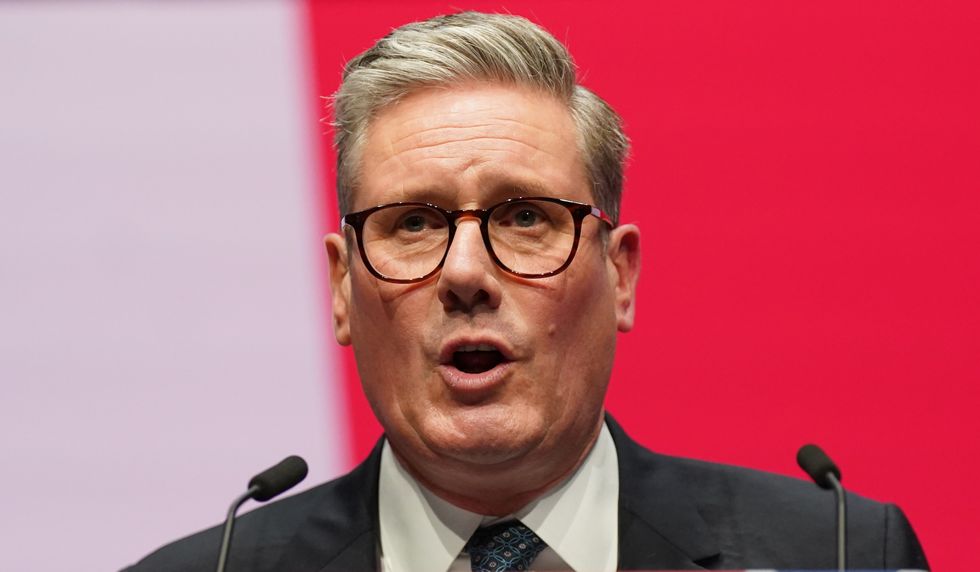 Keir Starmer | PA
Keir Starmer | PAThe trade deal removes or reduces tariffs on 92 per cent of UK goods exports to India, with levies placed on scotch whiskey being slashed from 150 per cent to 40 per cent.
UK firms will also be granted access to around 40,000 Indian procurement contracts with a value of at least £38billion a year.
Despite Starmer facing huge criticism for his accord, veteran Brexiteer Lord Hannan hailed the trade deal with India.
He said: “This is only the 16th FTA that India has signed, and is vastly more ambitious than the previous 15.
“We are now closely invested in one another's success.
“Given that India is the 4th largest economy in the world, about to overtake Germany to become the 3rd, this matters.”
Ex-Brexit Opportunities Minister Sir Jacob Rees-Mogg added: “Cheaper food and drink including rice and tea, footwear and clothing thanks to a welcome trade deal with India. Exactly what Brexit promised.”








